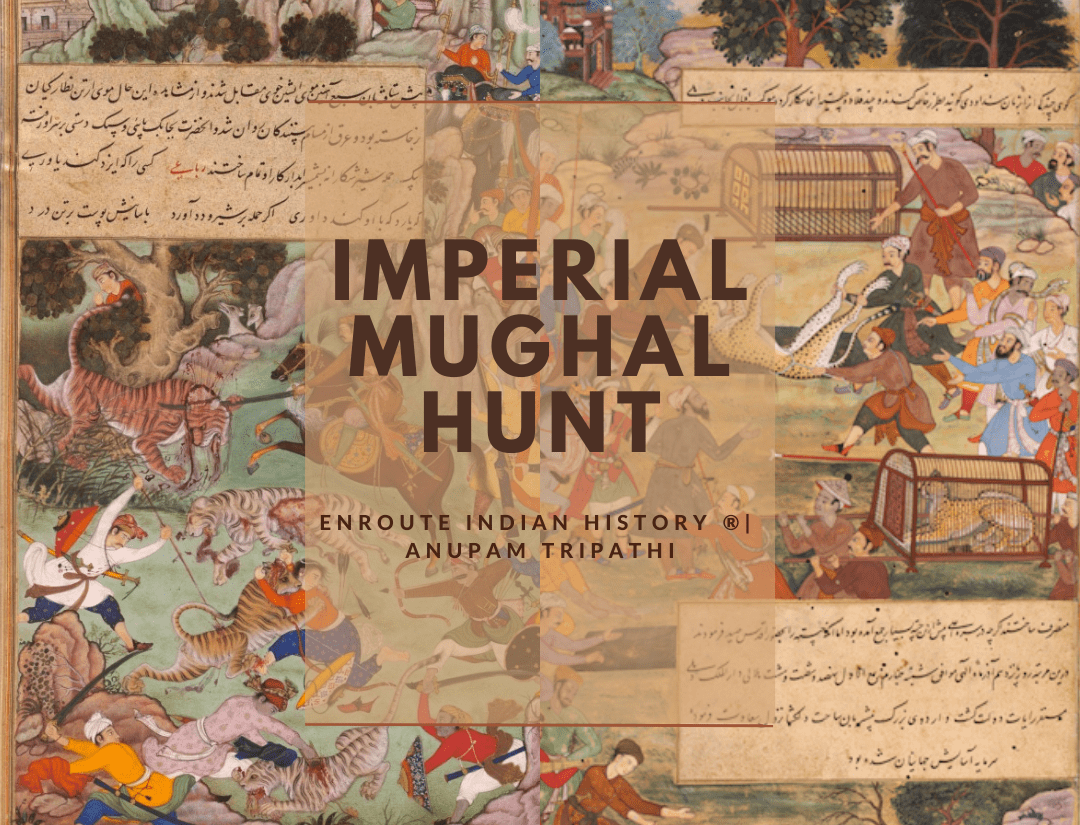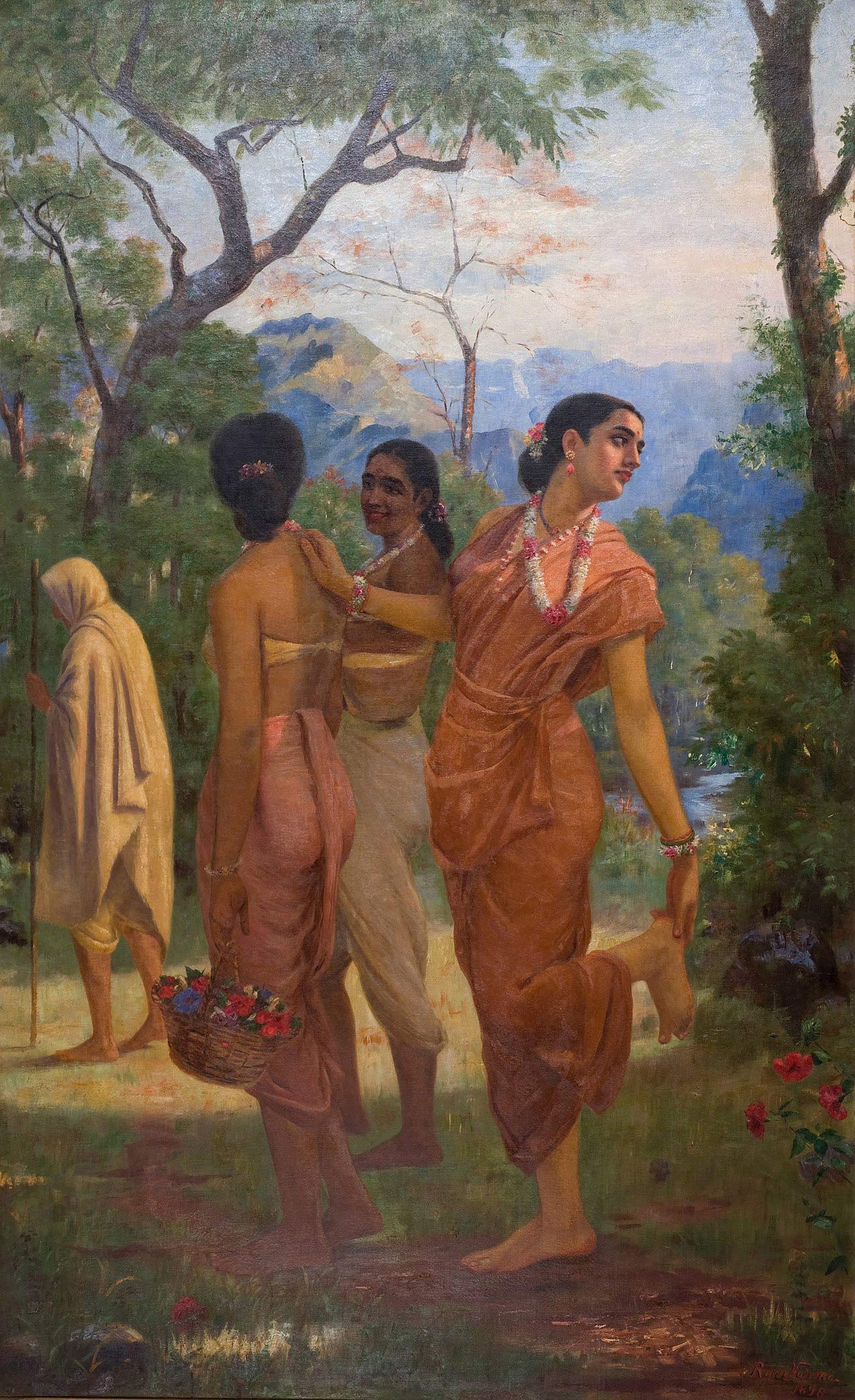
Article by EIH Researcher and Writer
Anupam Tripathi
Steeped in mythology, the hunt became one of the main ingredients through which empires and civilizations, kingship and sovereignty could be articulated and represented. Mughal emperors used hunting as an agency for knowledge acquisition. Mughal hunting scenes depict the hunt as more than entertainment. The imperial hunt or shikar was one of the most enduring institutions of the Mughal empire.
A close examination of hunting as a Mughal mode of behaviour reveals its multiple functions. It is a metaphor for sovereignty, a measure of social status, and a means of exercising government. It was an instrument to project their kingship and good governance. Upon Akbar’s succession, he identified himself as the secular and spiritual guide of his subjects to consolidate his power. Akbar’s image is depicted as a dangerous and protective ruler. The subjects need the Emperor’s strength and they need him to save them from violence and danger. Through hunting scenes, he was eager to convey his fearsome greatness and his ability to impose his power on a diverse group of people in a foreign land. Abu’l Fazl emphasizes that Akbar had “higher aims” in hunting, he always made hunting a means of increasing his knowledge and, moreover, used hunting parties as opportunities to inquire about the state of the world without prior notice of his coming.” Emperor Akbar wished to gain knowledge by practicing his hunting skills and patronizing manuscripts from various cultural heritages. His curiosity permeated his entire reign. For the Mughal emperors, hunting was a royal duty at court. The emperors used the hunting expeditions to gain knowledge of the people who lived deep in the forested areas. It was an act to demonstrate the emperor’s ability to control nature, successfully mobilize resources, publicize his skills, and patrol his territory. Hunting expeditions acted as theatre in which social hierarchies and political networks were staged. Meanwhile, these expeditions also acted as warm-up for battle. An example of this is that Akbar began his military campaigns with a hunt expedition in 1564 against Malwa.
Jahangir also used hunting scenes to create the public image he wanted and needed. His imperial identity had been glorified by connecting it the with divine light guiding the viewer’s eye to correctly read the central focus. During the reign of Shah Jahan, the act of hunting had a ritual character. The hunting ground was described as tightly organized and carefully controlled. Prey was deliberately selected. The imperial hunt was always organised in open forests and miles away from the royal capital. A huge retinue of people accompanied emperor while on hunt. Along with soldiers and nobles, his harem also accompanied him. Emperors used the hunting expeditions to meet ascetics and mendicants and interact with them.
BIBLIOGRAPHY
- Vincent Arthur Smith, Akbar the Great Mogul, 1542-1605(Oxford: Clarendon Press, 1917)
- Azfar Moin, The Millennial Sovereign: Sacred Kingship and Sainthood in Islam(New York: Columbia University Press, 2012.
- Ebba Koch, The King of the World: An Imperial Manuscript for the Royal Library Windsor Castle(London: Thames & Hudson, 1997)




















